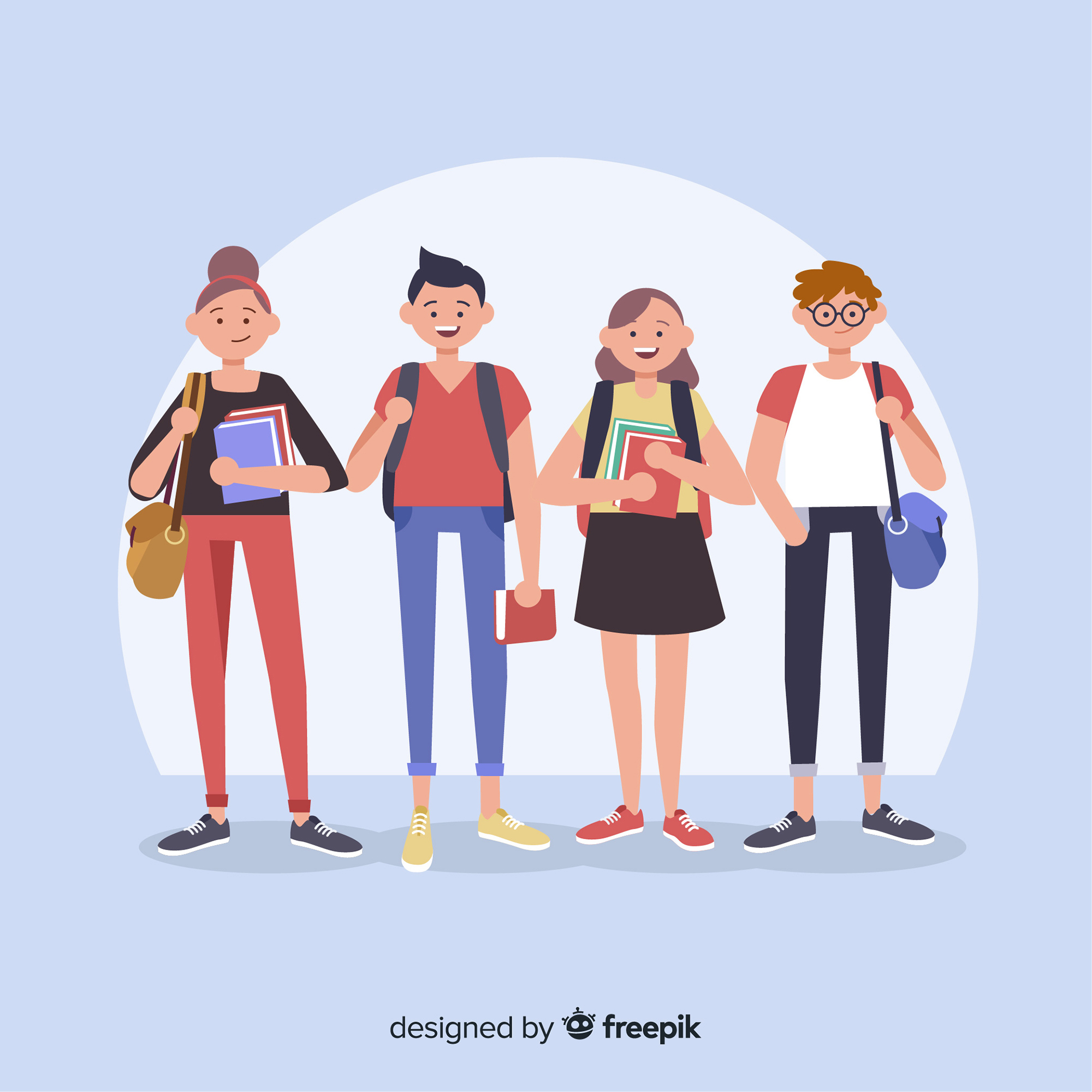🏫French Level 1, Activity 05: L’école / School (Online)
Products: Knowledge, school buildings, friendships
Practices: Going to class, studying, making school friends, growing intellectually, questioning, looking at things critically and from multiple perspectives
Perspectives: Knowledge as an individual, societal, and cultural asset and rite of passage, equality in access to knowledge.
- Do you think that education is a privilege or a right? Why?
NCSSFL-ACTFL World-Readiness Standards:
- Standard 1.1: Students engage in conversations or correspondence in French to provide and obtain information, express feelings and emotions, and exchange opinions.
- Standard 1.2: Students understand and interpret spoken and written French on a variety of topics.
Idaho State Content Standards:
- COMM 1.1: Interact and negotiate meaning (spoken, signed, written conversation) to share information, reactions, feelings, and opinions.
- COMM 2.1: Understand, interpret, and analyze what is heard, read, or viewed on a variety of topics.
NCSSFL-ACTFL Can-Do Statements:
- I can identify objects related to school.
- I can talk about my personal belongings.
- I can talk about my classes and what I study.
Materials Needed:
Warm-up
1. Begin by introducing the Can-Dos for today’s activity.
2. Ask the following questions about classes and school. These can also be found on the Google Slide Presentation.
Je vais vous demander quelques questions sur les classes et l’école:
- Quels sont les matières que vous étudiez ?
- What are the subjects that you study?
- Quels sont les cours que vous aimez ? Pourquoi ?
- What are the courses that you like? Why?
- Quels sont les cours que vous n’aimez pas ? Pourquoi ?
- What are the courses that you dislike? Why?
Main Activity
1. Use the Google Slides presentation. Each slide will have an image of a different object related to school.
2. Show the image to the group and the first person to correctly identify the object in French gets a point.
Dans cette activité, nous allons pratiquer le vocabulaire à la fac (l’université). Je vais vous montrer une photo d’un objet. La première personne qui peut le nommer en français gagne un point!
*Note: Students must say a complete sentence to get the point. For example: J’ai un crayon. If no one has the object, have the students practice saying: Je n’ai pas un crayon. If students don’t have the object, but they know what it is then have them practice identifying the object by saying: C’est un crayon.
Les étudiants doivent dire une phrase complète pour obtenir un point. Par exemple: J’ai un crayon. Si personne n’a l’objet, les étudiants doivent pratiquer comment le dire: Je n’ai pas de crayon. Si les étudiants n’ont pas l’objet, mais qu’ils savent comment il se nomme, alors faites leur dire le nom de l’objet: C’est un crayon.
Answers to Google Slide:
- une calculatrice
- un crayon
- un livre
- une gomme
- un stylo
- un cahier
- des ciseaux
- une bouteille d’eau
- une chaise
- des écouteurs
- un bureau
- un dictionnaire
- du papier
- des devoirs
- une montre
- de la craie
- un sac à dos
- des lunettes
Wrap-up
Ask students some questions about their classes so they can practice talking about subjects. Some possible questions are:
Dans le temps qui reste, je vais vous demander deux questions:
- Est-ce que vos cours sont difficiles ? Faciles ? Intéressants ? Inutiles ?
- Do you find your classes difficult? Easy? Interesting? Useless?
- Avez-vous beaucoup de devoirs ?
- Do you have a lot of homework?
CULTURAL NOTES
Education in France is deeply engrained in societal and cultural values. Children in France start school at age 3 and many continue on to receive high education degrees. The majority of University’s are free to the French people and the French education system places a large emphasis on academic achievement, philosophy, and critical thinking.
End of Activity:
- Can-Do statement check-in… “Where are we?”
- Read can-do statements and have students evaluate their confidence with cards.
- Encourage students to be honest in their self evaluation
- Pay attention and use feedback for future activities!
NCSSFL-ACTFL Can-Do Statements:
- I can identify objects relating to school.
- I can talk about my personal belongings.
- I can talk about my classes and what I study.
How to Remix a Pathways Project Activity
Feeling creative? The Pathways Project needs your help in remixing activities for the K-12 classroom.
Try taking an activity to the next level by:
- Add new content (something you’ve created or another OER source)
- Contribute additional activity suggestions
- Integrate authentic materials such as videos, infographics, photos, etc.
- Suggest how to implement the activity in the classroom
- Customize the content for a specific audience or group of learners (for example, K-5 learners or to differentiate for student’s needs)
We want to make it easy to share back with the larger Pathways Project Community! Simply, click this link to remix this activity.
Please consider sharing your remixed activity with us by emailing the activity link to Pathwaysproject@boisestate.edu so that Pathways continues to grow!


